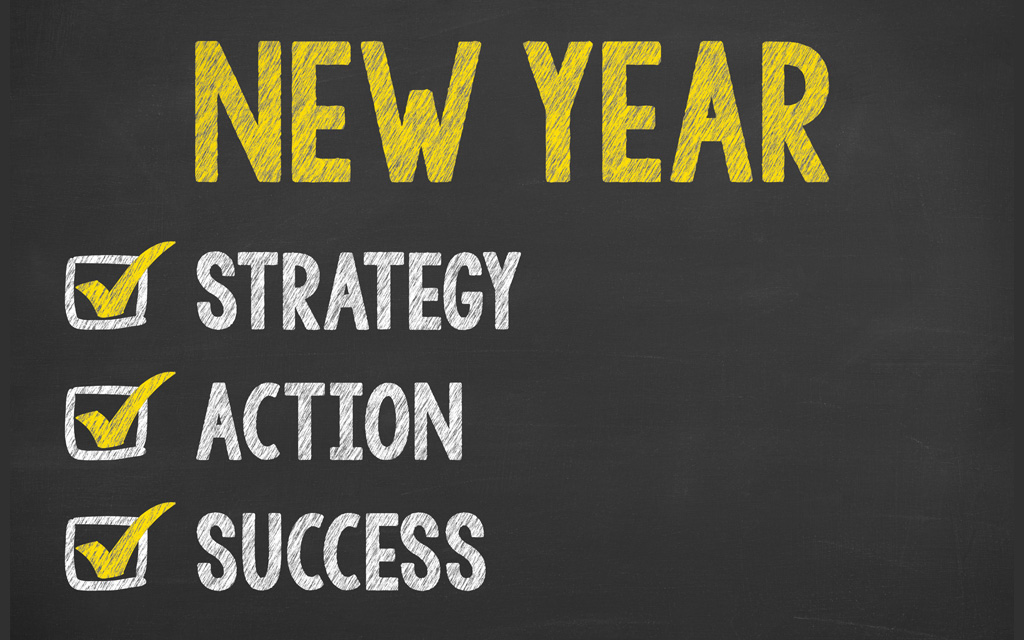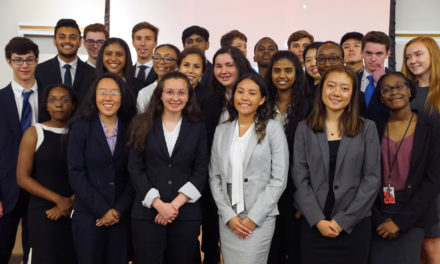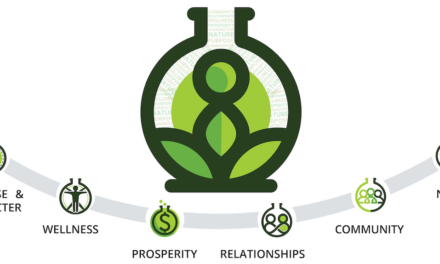Make a New Year’s Strategy, not a Resolution
Make a New Year’s Strategy, not a Resolution

People show basic business instincts when they set New Year’s resolutions. Regardless of past accomplishments or failures, they recognize the need for continuous improvement. What these goal setters sometimes miss is strategy, the master plan that combines their good intentions into one coordinated march forward.
Experienced leaders avoid this mistake when they set strategy for their firms. Before moving in any direction, they look inward at organizational strengths and weaknesses, and outward at environmental opportunities and threats. Then they chart a single path into the unknown.
You can navigate 2018 with similar vision as CEO of yourself. Instead of making disjointed resolutions, set a strategy. Start by considering four key questions.
1. What’s my purpose?
Like any organization or team, you need a mission statement. Good ones are personal. Each of us wants to “help others” or “make the world a better place.” But that’s too generic. Strategic thinkers focus more narrowly on their world — the people, places and events within their sphere of influence. They also understand the need to identify things important to themselves.. An artist might contribute through music or painting. An engineer might contribute through building or fixing. Recognize that you are not interchangeable with others — your purpose requires you to identify what problems you want to solve and why these matter to you personally.
2. What does success look like?
You want to look back at the end of your life and feel successful. But don’t wait until you’re 80 to reflect on your accomplishments. Strategic thinkers set shorter horizons. Five-year blocks tend to work best — enough time so you can think about investments you need to make, but not so far ahead that you lose focus. All along the way, make sure you can say, “I love what I do, and I’m good at it.” The first part of the statement relates to your aspirations. These are the emotional drivers that get you out of bed each morning with a spring in your step, excited to achieve your chosen pursuits. The second part of the statement relates to your abilities. These are the practical enablers that will allow you to accomplish your goals and unleash your comparative advantage because you are good at the tasks at hand. The combination of aspirations and abilities creates a virtuous cycle. If you love what you do, you will want to invest in being good at it. The better you become at something, the more it gives you a sense of self-esteem. And self-esteem causes you to love what you do even more.
3. What is my value proposition?
Companies attract customers by offering innovations, services and features unavailable or difficult to obtain elsewhere. You can do something similar as CEO of yourself. Ask yourself not only how you are different from others but also how your contributions create value for others who interact with you. This requires a concurrent focus on developing your unique features and ensuring the benefit these provide to your “customers.” As much as possible, make yourself indispensable so your supervisors, teammates and subordinates say, “I can’t imagine doing this project without you.”
4. With whom should I trade?
In this case “trade” means working with, selling to, buying from, or generally interacting with others. We are all independent equals when it comes to making our own choices. Because of this, the only sustainable trade relationship is a win-win one. Trade with like-minded people who complement your capabilities, but who are aligned on objectives as they seek to achieve their own purpose. If your work environment isn’t conducive to your aspirations or win-win propositions, change it. You may need to have honest conversations with your team members or supervisors to figure out what will allow everyone to thrive. If there is too much ground to make up, you might be better off in another organization. To decide if this is the case, go back to the four questions and make an objective assessment.
Many people go their lives without providing careful answers to these questions. Instead, they allow themselves to be pushed along by circumstances — acting like mid-level managers waiting for instructions from above. Don’t shirk your fiduciary responsibilities in this way. Step forward this year as CEO of yourself. You’ll like the new boss.
Rajshree Agarwal is director of the Ed Snider Center for Enterprise and Markets at the University of Maryland’s Robert H. Smith School of Business and a Cato adjunct scholar.




